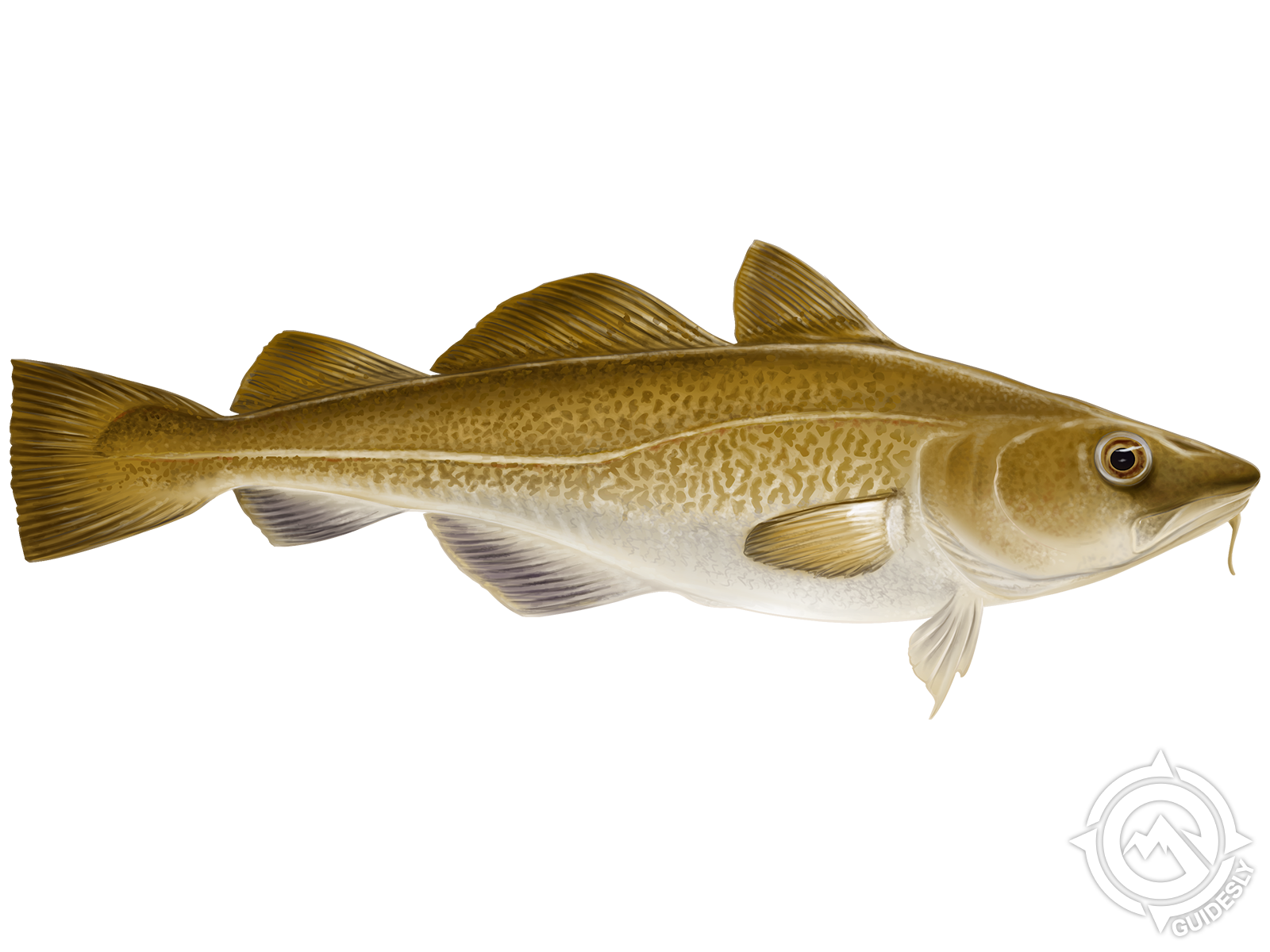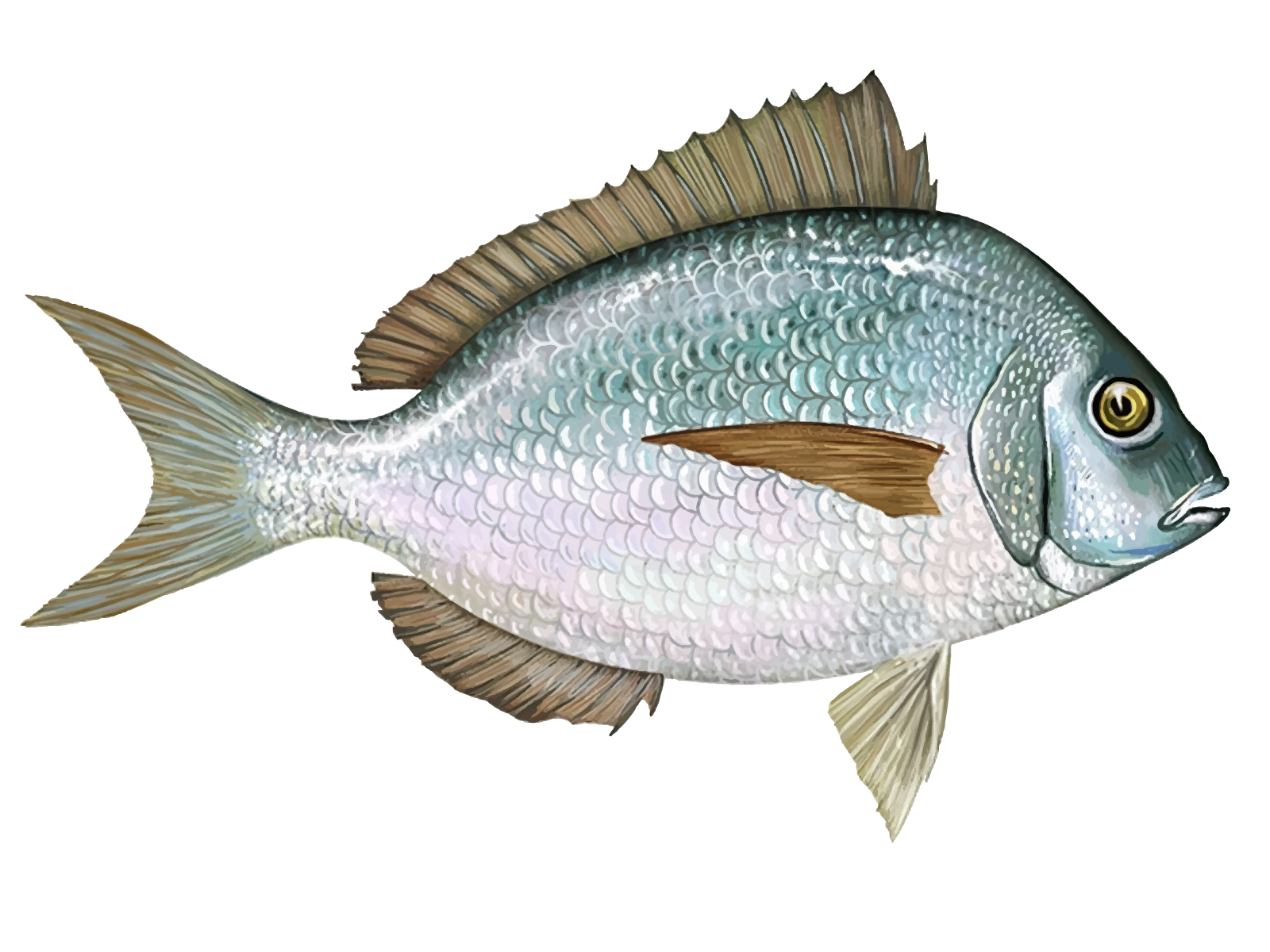//users/a6c8583f-1ce4-46ed-8e08-a5b1f71c671b/ratecard/4df67132-6749-4982-bad7-4db7863fd25f.jpg)
%2Ffit-in%2F300x300%2Fusers%2Fa6c8583f-1ce4-46ed-8e08-a5b1f71c671b%2Fratecard%2F4df67132-6749-4982-bad7-4db7863fd25f.jpg&w=256&q=75)
%2F300x300%2Fusers%2Fa6c8583f-1ce4-46ed-8e08-a5b1f71c671b%2Fimages%2Fstriped-bass-cape-may-3003.jpg&w=256&q=75)
%2F300x300%2Fusers%2Fa6c8583f-1ce4-46ed-8e08-a5b1f71c671b%2Fimages%2Fangler-cape-may-fishing-2560.jpg&w=256&q=75)
%2F300x300%2Fusers%2Fa6c8583f-1ce4-46ed-8e08-a5b1f71c671b%2Fimages%2Ffantastic-fishing-adventure-cape-may-2389.jpg&w=256&q=75)
%2F300x300%2Fusers%2Fa6c8583f-1ce4-46ed-8e08-a5b1f71c671b%2Fimages%2Ffishing-adventures-new-jersey-2769.jpg&w=256&q=75)
%2F300x300%2Fusers%2Fa6c8583f-1ce4-46ed-8e08-a5b1f71c671b%2Fimages%2Ffishing-adventure-new-jersey-2453.jpg&w=256&q=75)
%2F300x300%2Fusers%2Fa6c8583f-1ce4-46ed-8e08-a5b1f71c671b%2Fimages%2Fstriped-bass-fishing-cape-may-2885.jpg&w=256&q=75)
%2F300x300%2Fusers%2Fa6c8583f-1ce4-46ed-8e08-a5b1f71c671b%2Fimages%2Fcape-may-coastal-fishing-2235.jpg&w=256&q=75)
%2F300x300%2Fusers%2Fa6c8583f-1ce4-46ed-8e08-a5b1f71c671b%2Fimages%2Ffishing-party-new-jersey-2582.jpg&w=256&q=75)
Cape May's Elite Seabass Charter | Gone Fishin'
What you will be catching:
 Atlantic Cod
Atlantic Cod Black Sea Bass
Black Sea Bass Lingcod
Lingcod Pollock
Pollock Scup
Scup
- 8-hour offshore Seabass fishing targeting jumbo catches over wrecks
- 44-foot Henriques vessel with twin 700 HP engines accommodates six guests
- Expert crew navigates 30-40 miles offshore to prime Atlantic fishing grounds
Trip Pricing and Availabilities :
Trip pricing information is temporarily unavailable.
Cape May's Fall Seabass Bonanza: 8-Hour Wreck Trip
Get ready for some serious rod-bending action as we head offshore to Cape May's legendary wrecks and reefs. This 8-hour deep water adventure is all about targeting jumbo seabass during the prime fall season. Captain Mark and the Gone Fishin' crew live for this time of year, when the cooler waters bring in schools of hefty seabass that'll put your skills to the test. Whether you're a seasoned bottom-fishing pro or new to the game, this trip promises non-stop action and the chance to fill your cooler with some of the tastiest fish in the Atlantic.
Trip Overview
We'll be pushing out 30-40 miles offshore aboard the Gone Fishin' fleet's 44-foot Henriques, a beast of a boat powered by twin 700 HP Mercury engines. This rig can handle the chop and get us to the fishing grounds quickly and comfortably. With room for up to six anglers, you'll have plenty of space to work your lines and battle those hard-fighting seabass. The fall run is when these fish really bulk up, so expect to tangle with some true jumbos. Captain Mark's years of experience mean we'll be hitting the most productive wrecks and reefs, where the seabass stack up thick. Just remember, fishing seasons can shift based on state regulations, so flexibility is key when planning your trip.
Wreck Fishing 101
Bottom fishing over wrecks is an art form, and you'll be learning from one of Cape May's best. We'll be dropping baits and jigs right into the strike zone, often in depths of 100 feet or more. The key is feeling that subtle tap-tap of a seabass nibble and setting the hook before they retreat to their structure. We'll rig up with heavy-duty bottom rods, conventional reels spooled with braided line, and a mix of natural baits and artificial lures. Clam, squid, and cut fish are top natural choices, while diamond jigs and bucktails can be deadly when the bite is on fire. Captain Mark will show you the ropes if you're new to this style of fishing, and even experienced anglers might pick up a new trick or two.
Species You'll Want to Hook
Black Sea Bass: The star of the show, fall seabass in Cape May waters can grow to impressive sizes. These fish are structure-loving predators with a appetite for crustaceans and small fish. Expect to battle seabass in the 2-5 pound range, with bigger specimens always a possibility. Their white, flaky meat is prized by seafood lovers, making them a favorite target for both sport and table fare. The challenge of extracting these hard-fighters from their wreck homes adds to the excitement.
Scup (Porgy): Often found mixing in with the seabass, scup are scrappy fighters that punch above their weight class. These silvery, deep-bodied fish typically range from 1-3 pounds and are known for their delicious, mild-flavored fillets. They're opportunistic feeders, so a well-presented bait near the bottom is likely to get slammed.
Lingcod: While not as common as seabass, hooking into a lingcod is always a treat. These aggressive predators have a face only a mother could love, but their tasty white meat more than makes up for their looks. Fall lingcod in our waters can reach 10-20 pounds, providing a serious fight on bottom fishing gear.
Atlantic Cod: The occasional cod is a welcome bonus on our wreck trips. These coldwater lovers become more common as water temperatures drop in late fall. A good-sized cod can easily top 20 pounds, and their firm, white flesh is legendary in the culinary world.
Pollock: Fast-swimming relatives of the cod, pollock often school up around the same structures that hold seabass. They're high-energy fighters that can really make your drag sing. Fall pollock in our area typically range from 5-15 pounds, with larger specimens possible.
What to Expect on the Water
An 8-hour deep water trip is a full day of fishing action, so come prepared. We'll leave the dock early, usually well before sunrise, to maximize our time over the prime spots. The run out can take 1-2 hours depending on sea conditions, but the Gone Fishin' boat handles it well. Once we're on the grounds, it's all about finding the right piece of structure and getting lines in the water. We'll likely hit multiple wrecks throughout the day, giving you a shot at different fish populations. Expect some arm-burning action when we're on a hot bite – it's not uncommon to have every rod on the boat doubled over at once when we find a hungry school of jumbos.
Why Anglers Keep Coming Back
Cape May's fall seabass fishery is world-class, and trips like this are why so many anglers mark their calendars for this season every year. The combination of hard-fighting fish, excellent table fare, and the sheer numbers you can encounter make it an addictive experience. Plus, the chance of bonus species like cod or pollock adds an element of surprise to every drop. Captain Mark's expertise in finding the fish and getting you on them quickly means you're in for a productive day on the water. And let's be honest – there's something special about that first fillet hitting the pan after a successful day of fishing.
Time to Book Your Spot
If you're itching to bend a rod over some jumbo seabass this fall, don't wait to lock in your date. These trips fill up fast, especially as word gets out about hot bites. Remember, we're limited to six anglers max, so gathering a group of friends or family for a private charter is always an option. Whether you're a local looking for your annual seabass fix or a visitor wanting to experience some of Cape May's best fishing, this 8-hour wreck trip delivers the goods. Give Captain Mark and the Gone Fishin' crew a call to check availability and get ready for some serious bottom-fishing action. Trust me, your arms (and your taste buds) will thank you later!
Learn more about the species
Atlantic Cod
Atlantic Cod are classic bottom dwellers with a lot of history behind 'em. These guys typically run 2-4 feet long and can weigh up to 88 pounds. You'll find them in cool, temperate waters, often near rocky or sandy bottoms. Cod fishing is best from January to April during their spawning season. They're not the fastest swimmers, but they can put up a decent fight. Use natural baits like squid strips, fish, or crabs - cod aren't picky eaters. These fish are prized for their delicate, flaky meat. Unfortunately, overfishing has hit the population hard, so there are some restrictions in place. But when you can catch 'em, they're worth the effort. Anglers love cod for their taste and the challenge of finding them. Here's a tip: when you're out there, try using a chrome diamond jig. Cod are attracted to shiny objects, and that flash can trigger some aggressive bites.

Black Sea Bass

Lingcod
Pollock are strong fighters that'll put your gear to the test. These guys usually run 40-50 inches long and pack a punch. You'll find them in cooler, deeper waters, typically 100-400 feet down. They love rocky areas, especially as juveniles. Early morning or evening is prime time for Pollock fishing. They're sensitive to tides, so a strong tide can really get them biting. Use sand eel or black minnow imitations for bait - they can't resist 'em. These fish are known for their strength rather than speed. When you hook one, be ready for a battle. Wear sturdy boots with good ankle support - you don't want to get dragged around by a big one! Anglers love targeting Pollock for the challenge and the fight they put up. Here's a local trick: if you're fishing from shore, wait for high tide. It'll bring the fish in closer and increase your chances of landing a big one.

Pollock

Scup
Black Sea Bass are chunky little fighters that'll give you a run for your money. These guys usually top out around 4 pounds, but the big boys can hit 8 or more. You'll find them hanging around structure - wrecks, reefs, and rocky bottoms are prime spots. They're most active in late spring and summer when they move inshore. These fish put up a scrappy fight until they hit the surface. Use a medium-weight rod with 20-30 pound line and you'll be set. Live bait like squid works great, but they'll hit jigs and plugs too. One cool thing about Sea Bass - they're all born female and some switch to male later on. The big blue ones with humps on their heads? Those are the males showing off during spawning season. Folks love catching these guys because they're fun to fish for and tasty on the plate. Here's a local tip: when you're bottom fishing for them, give your bait a little jig every now and then. That extra movement can trigger a bite when they're being finicky.

About the
%2F%2Fusers%2Fa6c8583f-1ce4-46ed-8e08-a5b1f71c671b%2Fboat_picture%2Fe42fc36e284c1d3df1772c5b5222b950.jpg&w=1200&q=75)
Vehicle Guest Capacity: 6
Manufacturer Name: Detroit engine
Maximum Cruising Speed: 17
Number of Engines: 1
Horsepower per Engine: 550
Get ready for some serious bottom fishing action off the coast of Cape May! Captain Mark and the Gone Fishin' crew live for seabass season, and they're itching to take you out to the prime spots 30-40 miles offshore. You'll be dropping lines over wrecks and reefs, aiming to haul in those jumbo seabass that make for great eating. This 8-hour trip keeps the action coming, perfect whether you're a seasoned angler or just getting your sea legs. The 44-foot Henriques boat, powered by twin 700 HP Mercury engines, gives a comfortable ride for up to six guests. Just keep in mind that fishing seasons are set by the state and can change, so flexibility is key. If you're after a day of non-stop fishing and the chance to reel in some impressive catches, this is the trip for you. Captain Mark knows his stuff when it comes to bottom fishing, so you're in good hands for a productive day on the water.
%2Ffit-in%2F250x250%2Fusers%2Fa6c8583f-1ce4-46ed-8e08-a5b1f71c671b%2Fimages%2F61b92b01-df21-4859-9e56-fcdd8ea9bcc9.jpg&w=1200&q=100)


%2Ffilters%3Aformat(webp)%2Fusers%2Fa6c8583f-1ce4-46ed-8e08-a5b1f71c671b%2Fimages%2Ffishing-adventure-new-jersey-2453.jpg&w=768&q=75)
%2Ffilters%3Aformat(webp)%2Fusers%2Fa6c8583f-1ce4-46ed-8e08-a5b1f71c671b%2Fimages%2Fstriped-bass-fishing-cape-may-2885.jpg&w=768&q=75)
%2Ffilters%3Aformat(webp)%2Fusers%2Fa6c8583f-1ce4-46ed-8e08-a5b1f71c671b%2Fimages%2Fcape-may-coastal-fishing-2235.jpg&w=768&q=75)
%2Ffilters%3Aformat(webp)%2Fusers%2Fa6c8583f-1ce4-46ed-8e08-a5b1f71c671b%2Fimages%2Ffishing-party-new-jersey-2582.jpg&w=768&q=75)
%2Ffilters%3Aformat(webp)%2Fusers%2Fa6c8583f-1ce4-46ed-8e08-a5b1f71c671b%2Fimages%2Fstriped-bass-cape-may-3003.jpg&w=768&q=75)
%2Ffilters%3Aformat(webp)%2Fusers%2Fa6c8583f-1ce4-46ed-8e08-a5b1f71c671b%2Fimages%2Fangler-cape-may-fishing-2560.jpg&w=768&q=75)
%2Ffilters%3Aformat(webp)%2Fusers%2Fa6c8583f-1ce4-46ed-8e08-a5b1f71c671b%2Fimages%2Ffantastic-fishing-adventure-cape-may-2389.jpg&w=768&q=75)
%2Ffilters%3Aformat(webp)%2Fusers%2Fa6c8583f-1ce4-46ed-8e08-a5b1f71c671b%2Fimages%2Ffishing-adventures-new-jersey-2769.jpg&w=768&q=75)
